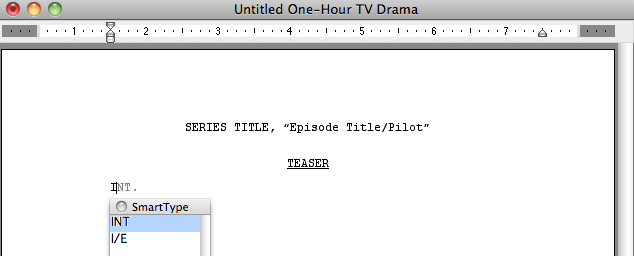I thought for years that features is where it’s at, and I was firmly against writing for TV until just recently. In my defense, when I formed that opinion, we were “in the shit” of the Writer’s Strike, and sir, times [was] hard.

Nearly 10 years wiser, I’ve written a pilot, and I’m working on the series bible/pitch for said pilot. Whether or not you even need a series bible is debatable, but as I continue to expand on my story, it will be a personal reference if nothing else, and that– Is way more useful than it sounds.
I’ve been researching the pitch/bible for months, and I’ve gathered the most (apparently) useful information to share here;
You could start with the basics.
- A dynamic title.
- A powerful logline.
- Series synopsis.
Then branch out from there.
What makes up a series bible?
- The Series Overview — To explain the concept of the story, and the character’s parts within it. Try to convey to the studio/network/producers what kind of show it is. The target audience, an idea of the budget, and where it fits into a show lineup. Don’t list this information, it should read clear in the description of the show, the setting and environment, and how it will change or remain as your lead characters progress in their stories and arcs.
- Main Character Bios — Several sentences about each primary character, describing and demonstrating their personalities, their significance in the story, and what makes them important to the show. Include elements of their past, and suggestions of their trajectory in the show.
- Key Story Notes — To establish the facts of the world you’re creating. This section evolves with the progression of your story, and will continue to do so.
- Sample Episode Synopsis — For a procedural layout, or to show the story trajectory.
